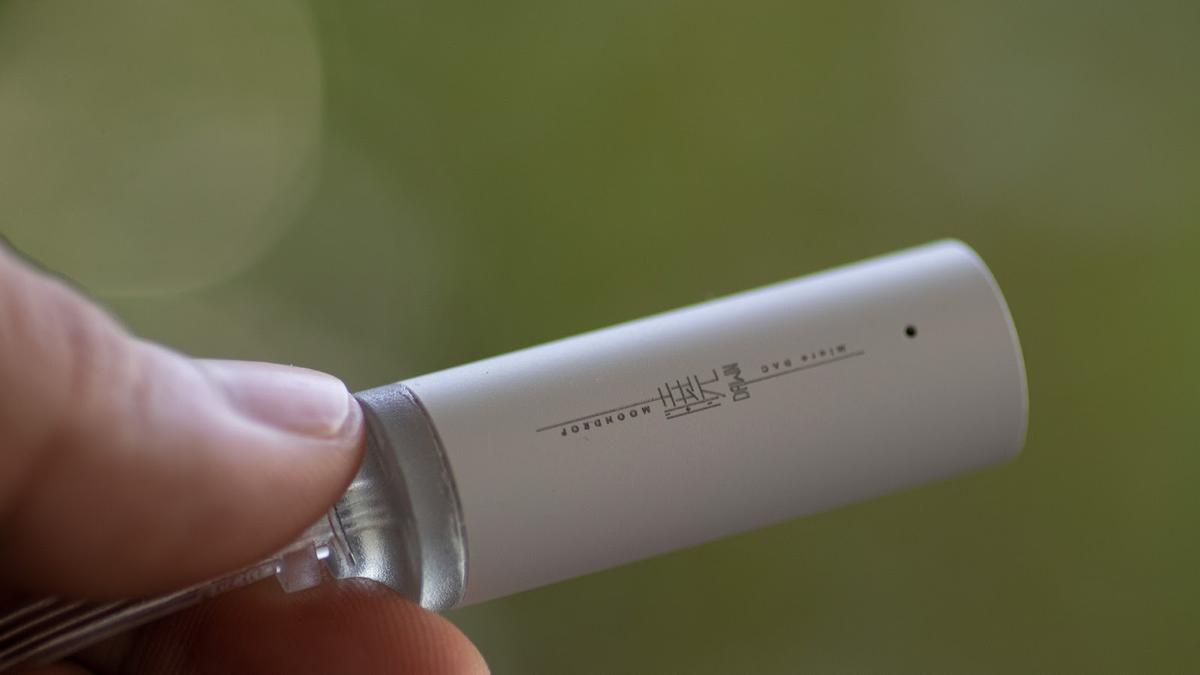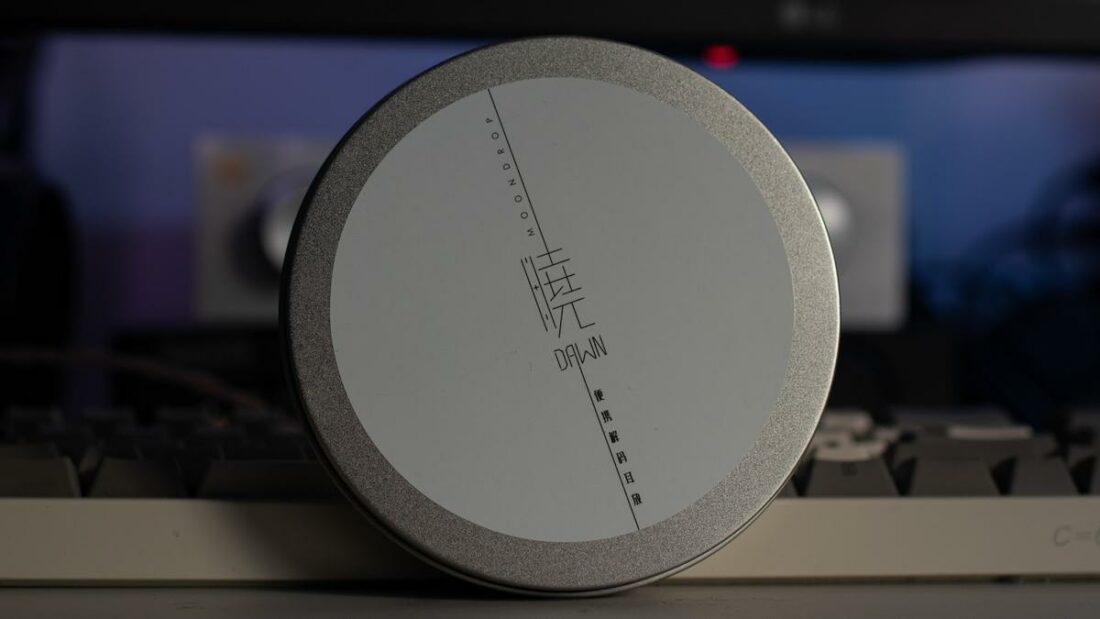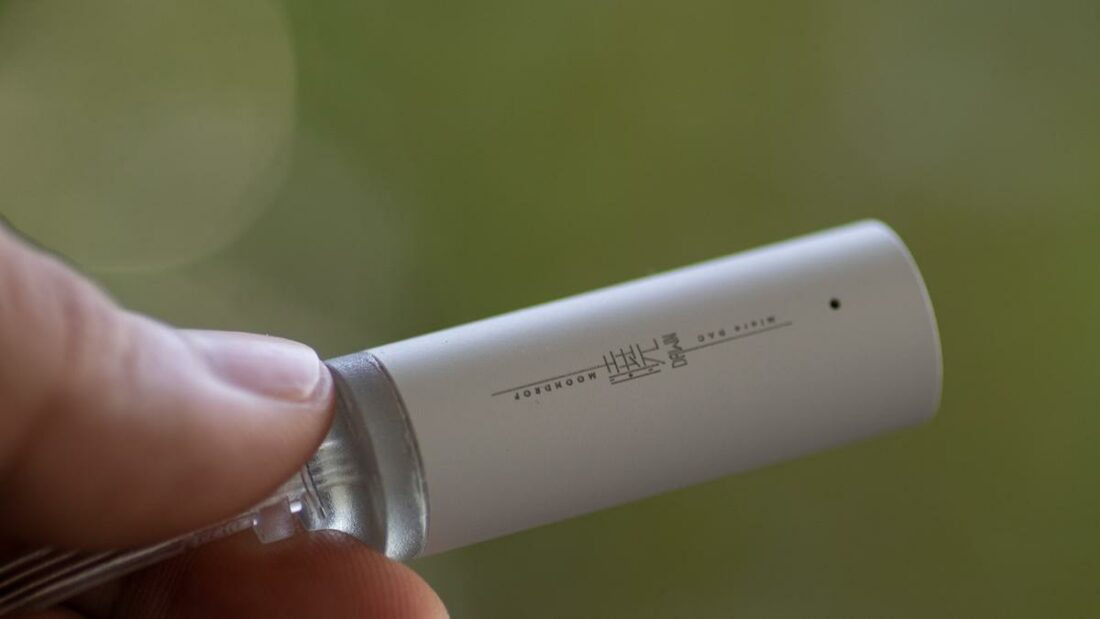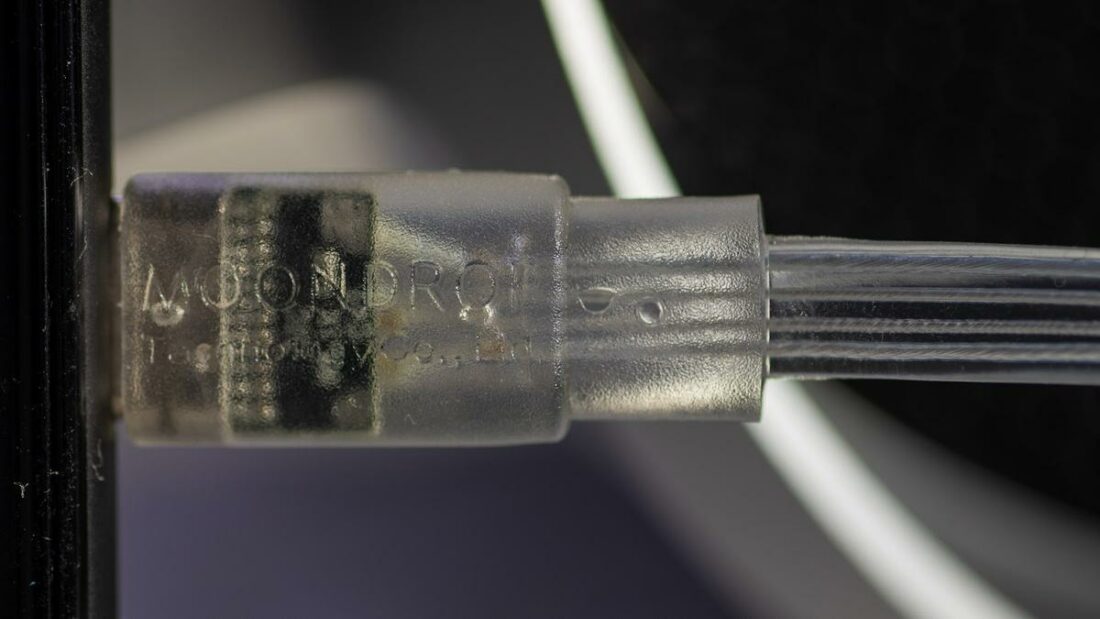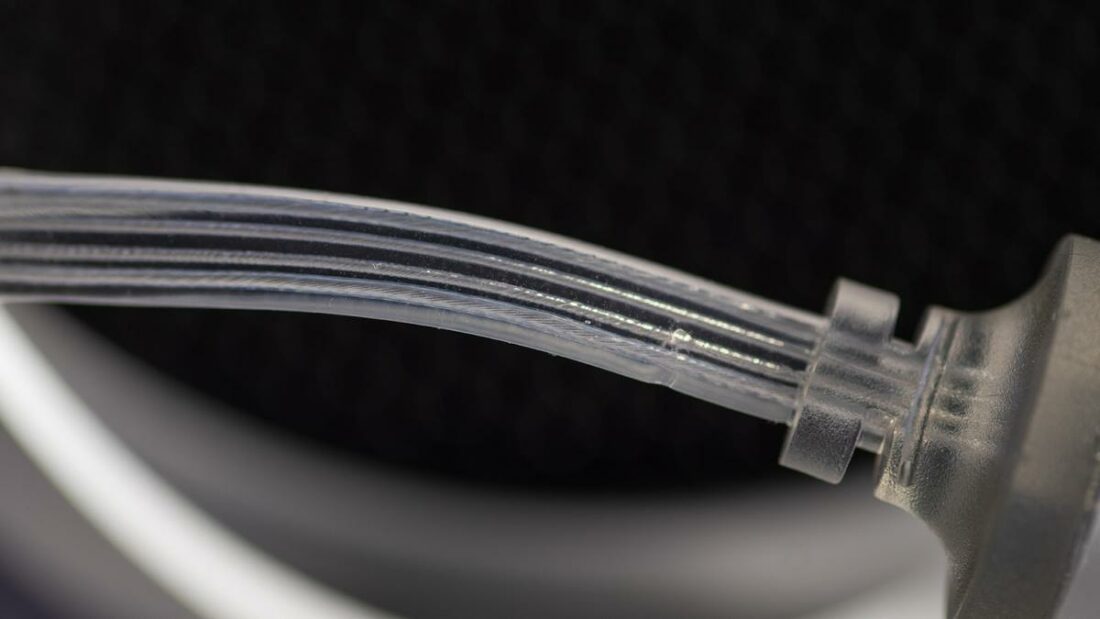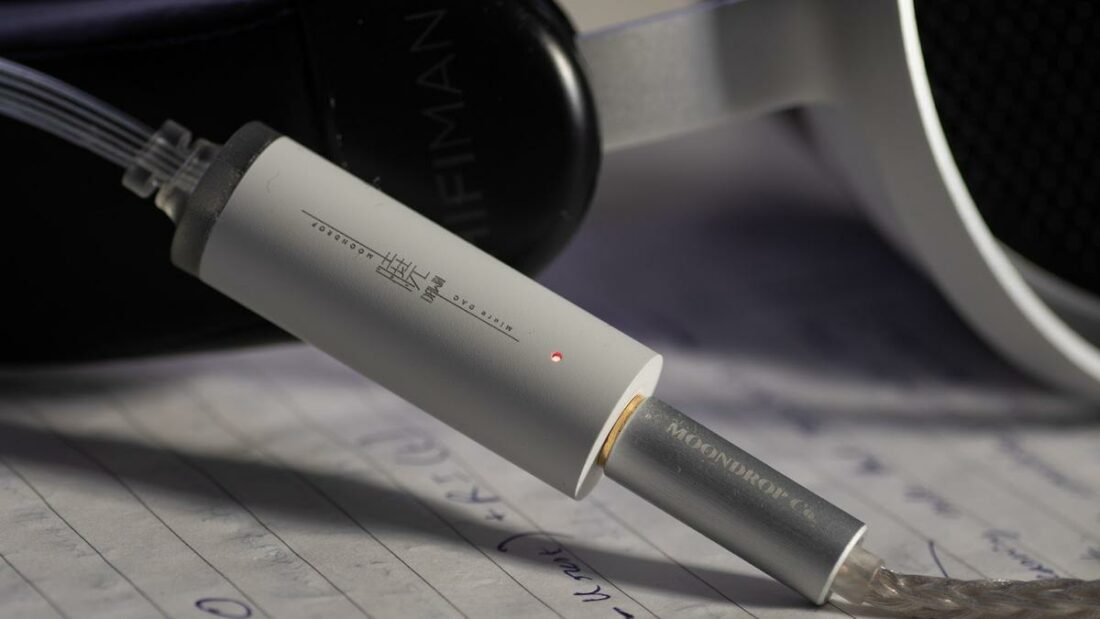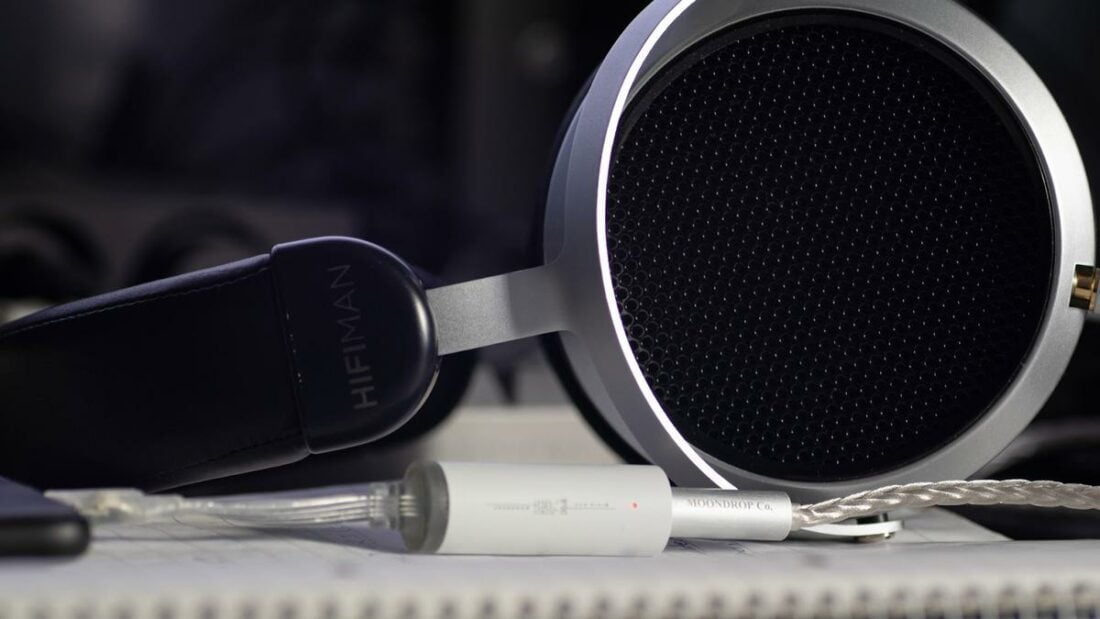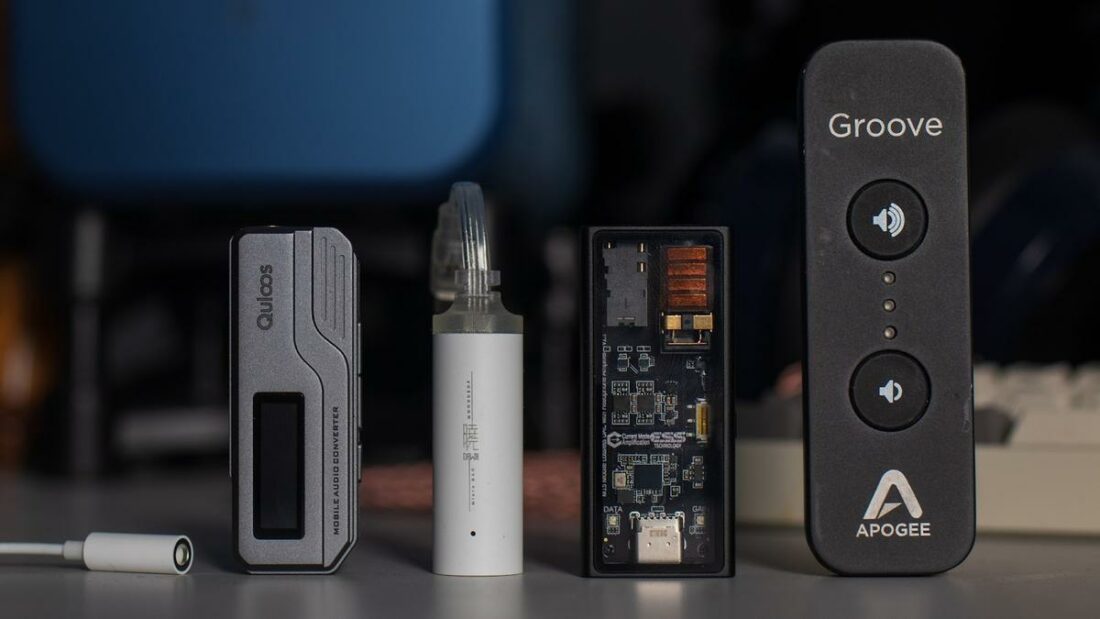DAC-Amp dongles are a dime a dozen these days. Not too long ago, most IEM manufacturers would purely focus on earphones and perhaps cables. The sources were left to dedicated source manufacturers. Things have changed now, as popular brands are coming up with their own dongles. Moondrop also wanted in on the fun and introduced the MoonRiver 2 as their top-of-the-line offering. The Dawn aims to cater to mid-range buyers instead and comes in two different flavors: 3.5 (only single-ended output) and 4.4 (only balanced output). The Dawn 4.4 stands out between the two with its superior output power, lower distortion figures, and significantly higher channel separation. Can the Dawn 4.4 stand out amidst a sea of competitors? Read on to find out.
Technical Specifications
Form: Portable DAC/Amp DAC Chip: 2 x CS43131 (dual-mono configuration) Frequency Response: 7Hz-90kHz (-3dB) THD+N: 0.00017% SNR: 132dB Noise Floor: 1.3 microVolts Codec Support: PCM – 32bit/768KHz, DSD – DSD256 Gain Settings: Normal, High Reconstruction Filters: 5, Fast and Slow (low-latency and phase compensation) modes, Non-oversampling mode Outputs: 4.4mm balanced Output Power: 230mW @ 32 ohms, 54mW @ 300 ohms Line-out Level: 2Vrms (low gain), 4Vrms (high gain) Controls: N/A Connector: USB type-C (fixed cable) Body material: Silicone, plastic Dimensions: 120mm x 16.4mm Weight: 13.7g
Packaging
The Dawn comes in a very interesting container, with an aluminum can serving as both the packaging and carrying case. The DAC/Amp and accessories sit inside a foam cutout to prevent damage during transport.
In the box
Dawn 4.4 DAC/Amp USB type-C to type-A adapter
Design
The cylindrical shape with no buttons or protrusions on the sides makes the Dawn 4.4 a joy to hold. The transparent cable-sheathing adds to the glamor and gives it a unique look. The anodized aluminum shell is spray-painted and resistant to RF interference. A solitary LED button on top glows orange during operation. On top, there is the 4.4mm balanced output. As such, no native compatibility with iPhones since you’ll need an adapter to get it working. Also, this raises concerns about long-term durability.
Connectivity
The Dawn 4.4 connects directly to Android phones, Macbooks, and iPads without any external driver or app installation. You will need the windows driver to get things working properly for Windows. The Moondrop Link iPhone and Android app allows finer customization of features, including gain level, controlling the LED light, selecting reconstruction filter, etc.
Power Consumption
Optimization here is good for a dual-DAC device, with the Dawn 4.4 drawing approximately 400mW of power from USB at 25% volume. The Apple dongle has a noticeably lower power draw at a similar volume (approx. 150mW) but does not sound as dynamic or detailed as the Dawn. Something’s gotta give, I guess.
Internals
Moondrop went for the tried and tested CS43131 chipset by Cirrus Logic. It is basically the CS43198 with an onboard amp, so you are getting similar specs to the nearly three times more expensive MoonRiver 2. There are a pair of dual-crystal oscillators that further improve jitter performance. Overall, a very competent design from the folks at Moondrop.
Moondrop Dawn 4.4 Sound
It does not sound analytical or harsh. However, the mids are not the most lush or engaging, if those are the terms. Treble does not exhibit any glare, and staging and imaging are fairly good for a small DAC/Amp. Macrodynamic punch is decent and microdynamics (subtle shifts in volume) are not as obvious as they are on some higher-end sources. At this price, though, that would be nitpicking. I like the output power, especially when connected to a laptop or PC. It can drive full-size headphones with authority (unless we are talking about low-impedance, low-sensitivity monsters). The voltage swing is not high enough to fully drive high-impedance dynamic driver headphones but most IEMs will be driven with authority. I was pleasantly surprised with how well the Dawn 4.4 complemented the Hifiman HE-400se. One area where the Dawn 4.4 falls short: powering low impedance, low sensitivity IEMs. One such example is the Final E5000. Having just 14 ohms impedance and 92 dB/mW sensitivity (both of which get lower with frequency), most portable devices fail to power them properly. The Dawn 4.4 is no exception. They can get the E5000 loud, but the bass lacks control, and treble air is reduced. Staging and imaging suffer as a result.
Comparisons
The Moondrop Dawn 4.4 is the second cheapest dongle in my collection, with the least expensive being the Apple dongle. As a result, the comparison is a bit unfair on paper.
Apogee Groove
Compared to the Apogee Groove, the Dawn drives multi-BA IEMs much better. The Groove has a unique amp topology that does not mesh well with multi-BA or hybrid IEMs. So, for most efficient IEMs and planar magnetics, the Dawn is the way to go. However, when it comes to driving high-impedance or low-efficiency dynamic drivers, the Groove remains unmatched. It can portray dynamic swings in a manner that’s very difficult to find in other dongles. Sadly, it’s bulky, draws a lot of power, and is too much of a specialized device.
Quloos MC01
The Quloos MC01 is a more interesting comparison. It has the exact same specifications on paper, with the only difference being added digital power filters, a single-ended output, volume buttons, and an OLED display. The MC01 sounds more detailed than the Dawn, but can veer into “information overload” territory. The slightly more laid-back nature of the Dawn is more agreeable to my ears. Power figures are similar between them. If you do not need the display or the buttons of the MC01, the Dawn 4.4 is a great alternative at one-fourth the price.
Questyle M15
The final comparison is against the best dongle I have in my collection, and the best I have tried until now: Questyle M15. It doesn’t have a display or buttons but makes up for all those with the sound. Sadly, the Dawn 4.4 is no match for the M15, with the Questyle dongle displaying better dynamics, transparency, and imaging than the Dawn. Only stage width is slightly better on the Dawn 4.4. Power draw is even lower on the Questyle. Then you look at the price tag – four times the cost of the Dawn 4.4! So the Dawn 4.4 wins the “price-to-performance” battle.
Where to Buy
Conclusion
Moondrop did a great job with Dawn 4.4. For a mere USD$10 extra over the single-ended Dawn 3.5, you get almost twice the output power, much better channel separation, better noise performance, and a dongle that can drive some planar headphones. Some corners were cut, namely a lack of buttons and display. Also, no single-ended output means you have to have a balanced cable with your IEMs or headphones. If you have already subscribed to the “balanced” lifestyle, the Dawn 4.4 is a no-brainer when it comes to mid-range dongles. I struggle to find another dongle that offers the same level of sound quality under USD$100. Subjectively and objectively, the Moondrop Dawn 4.4 is a great product and earns my recommendation.
